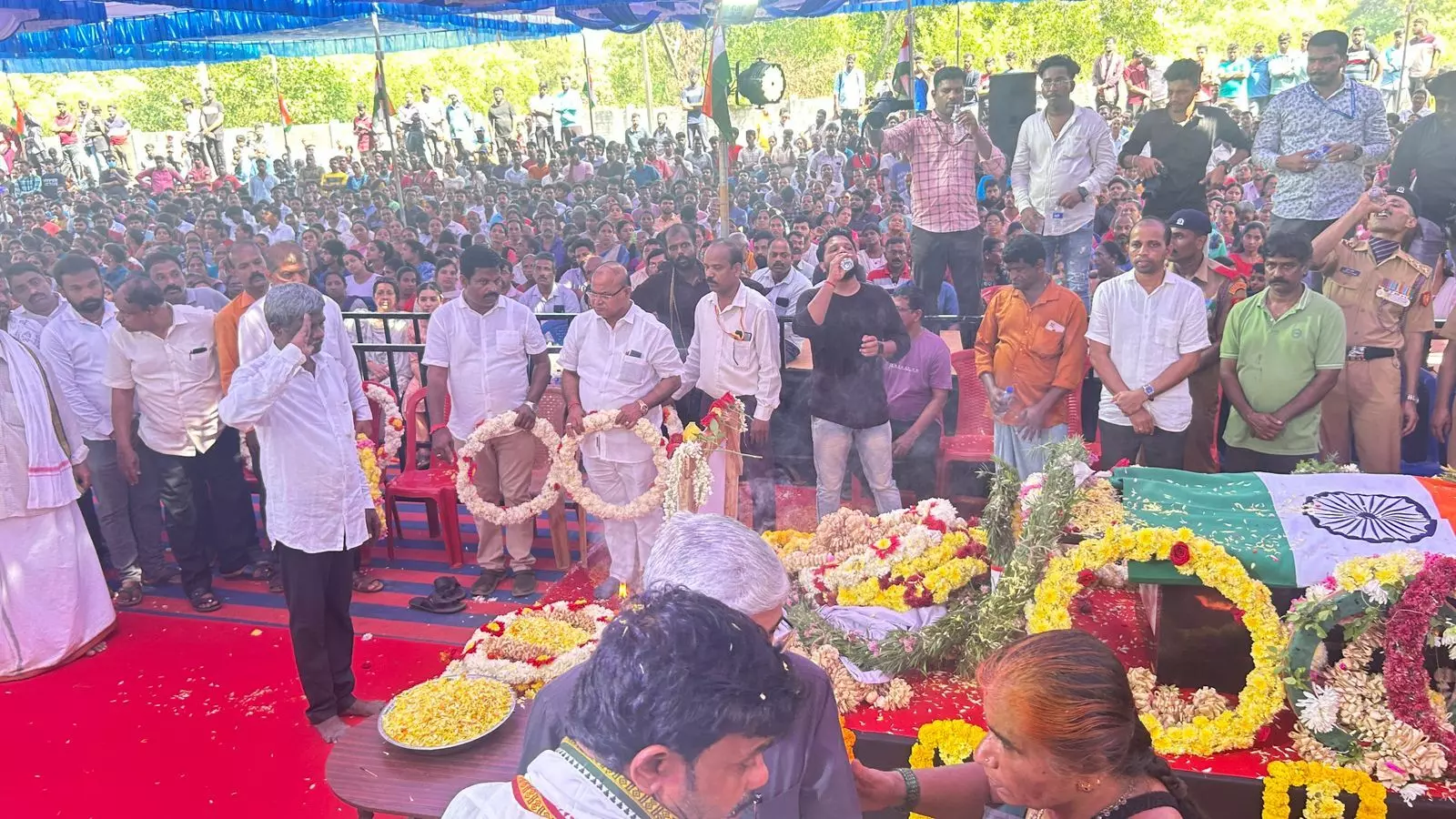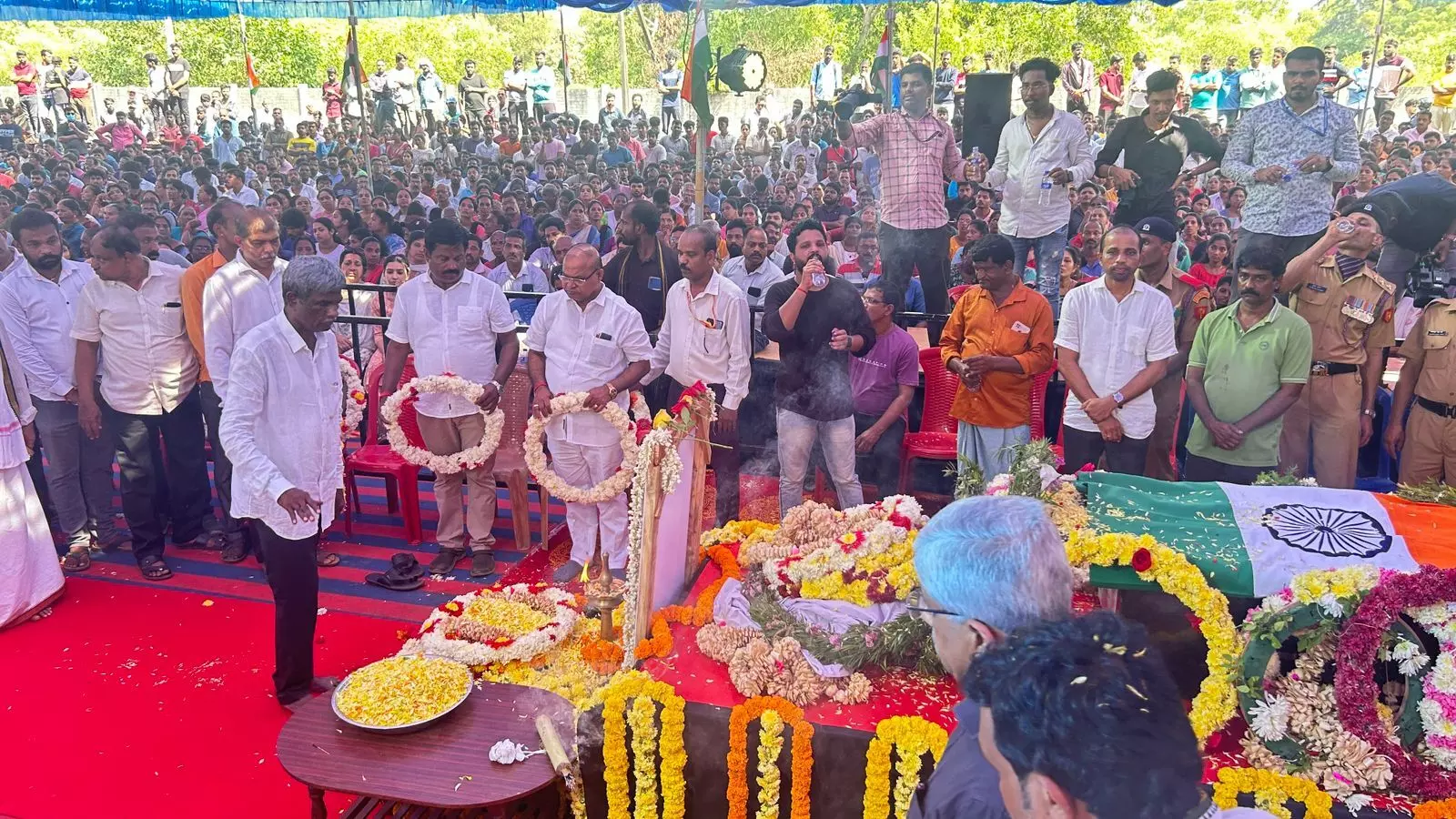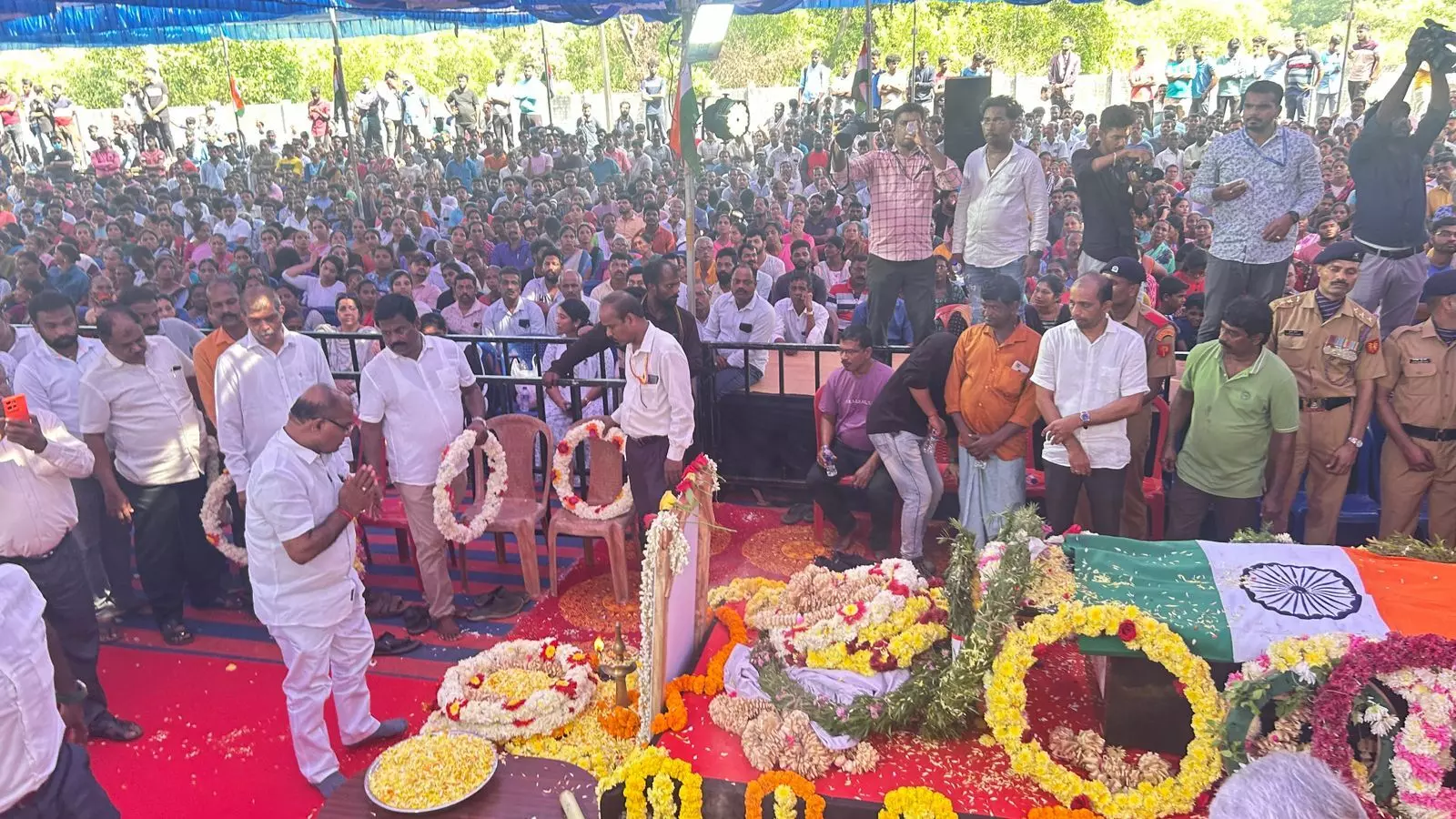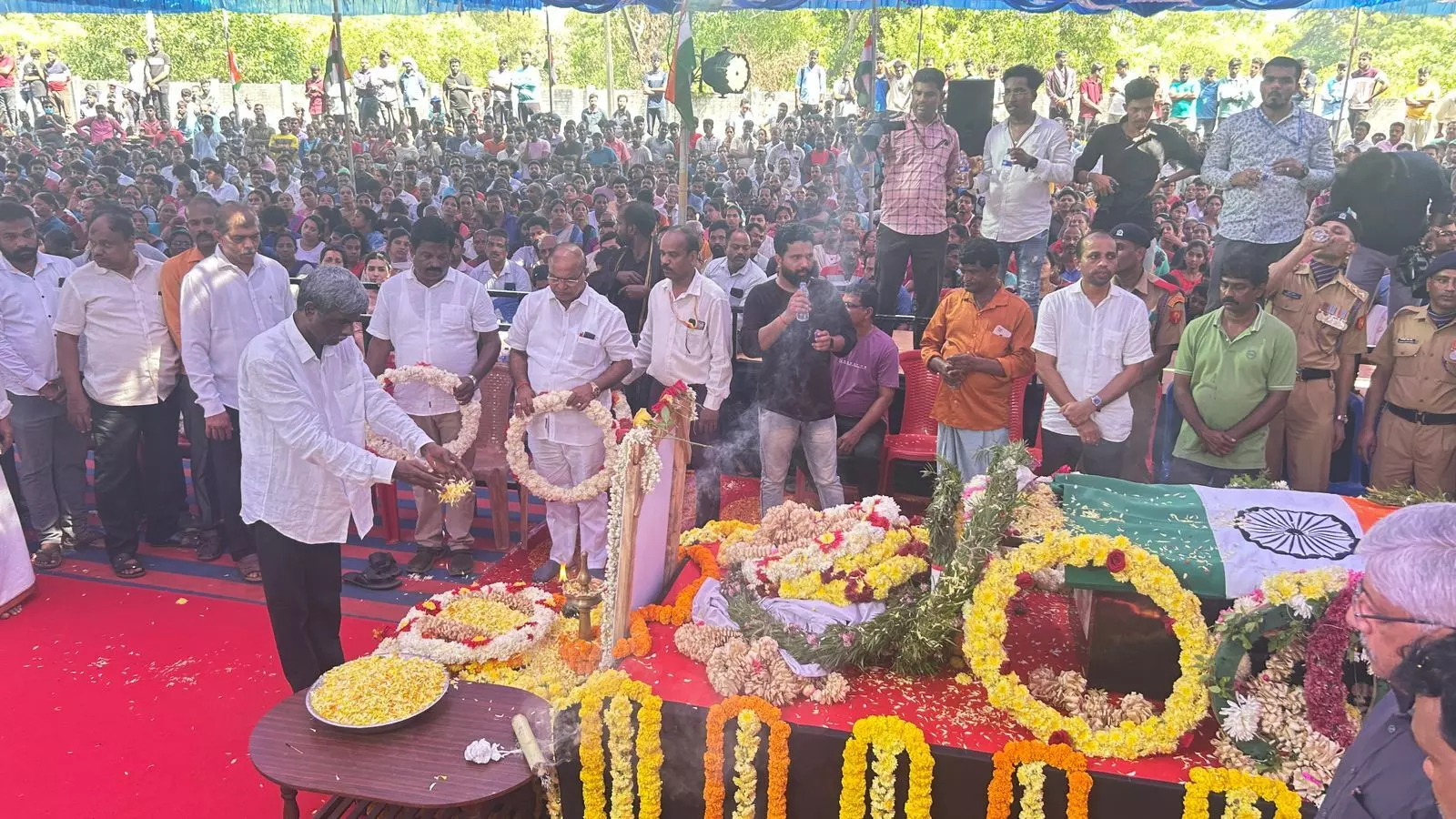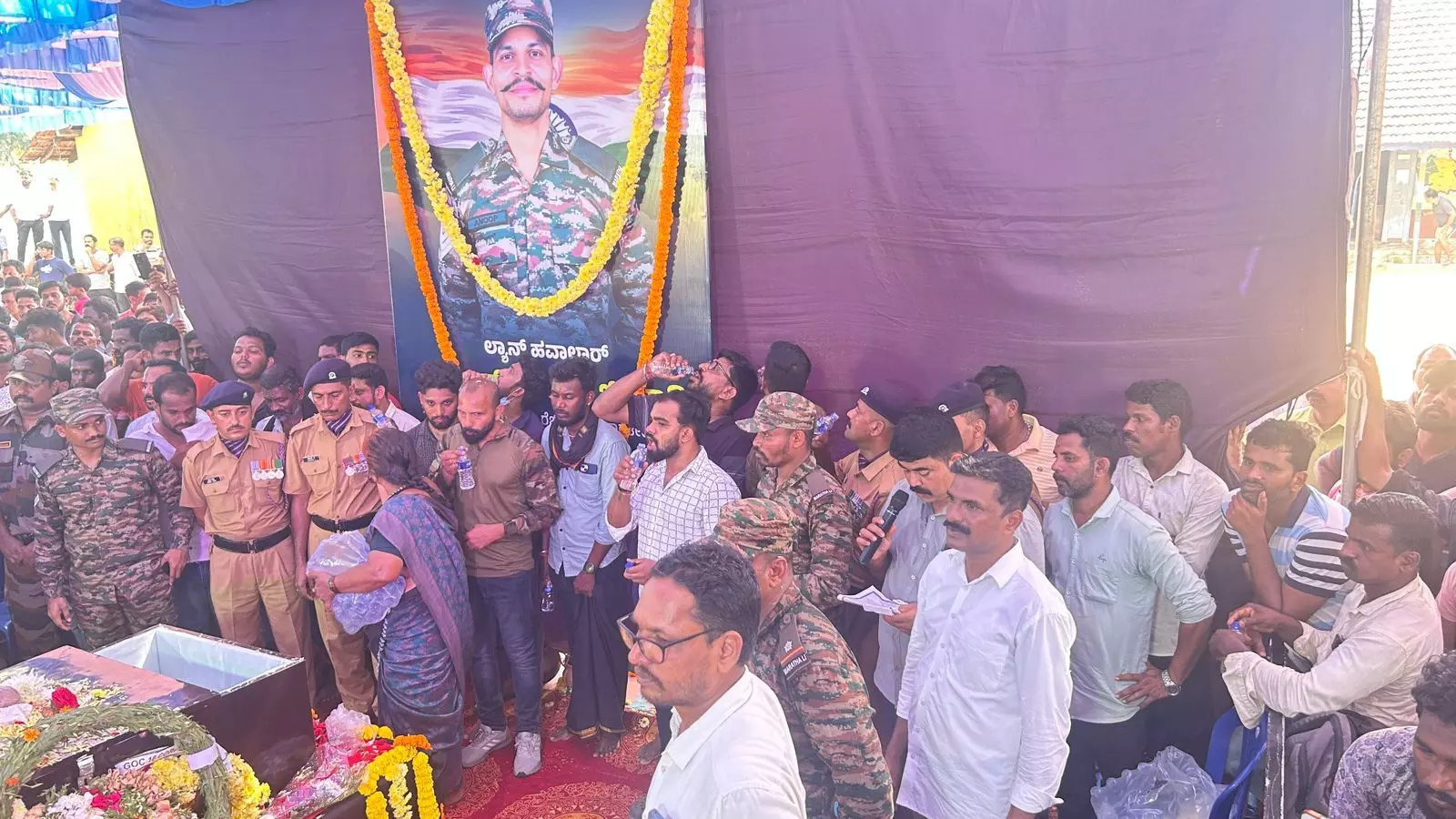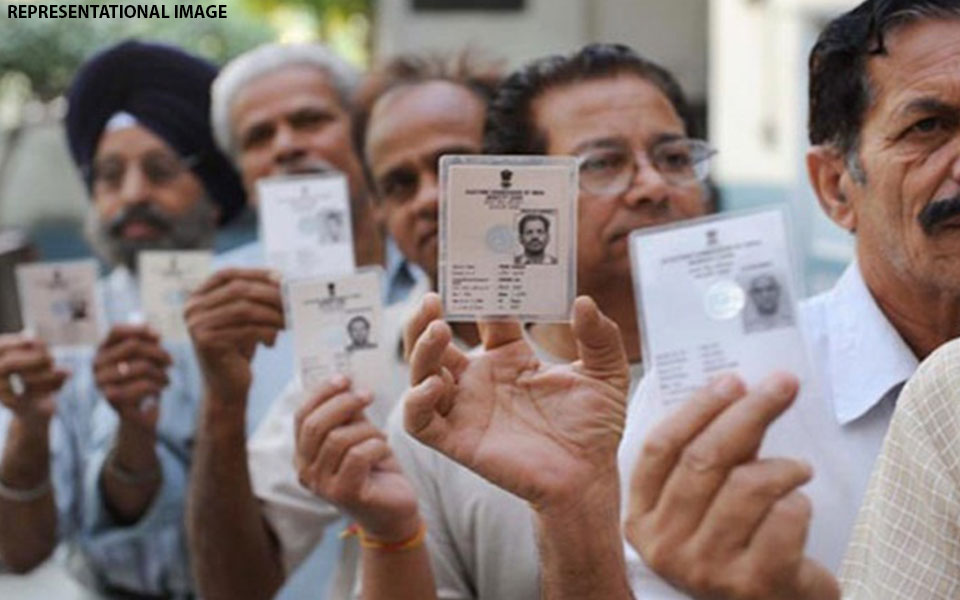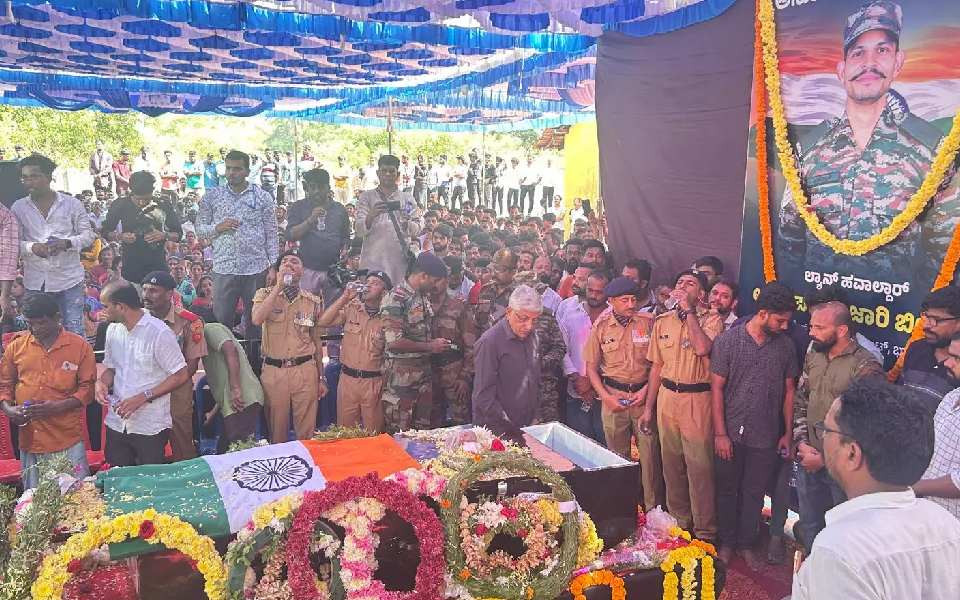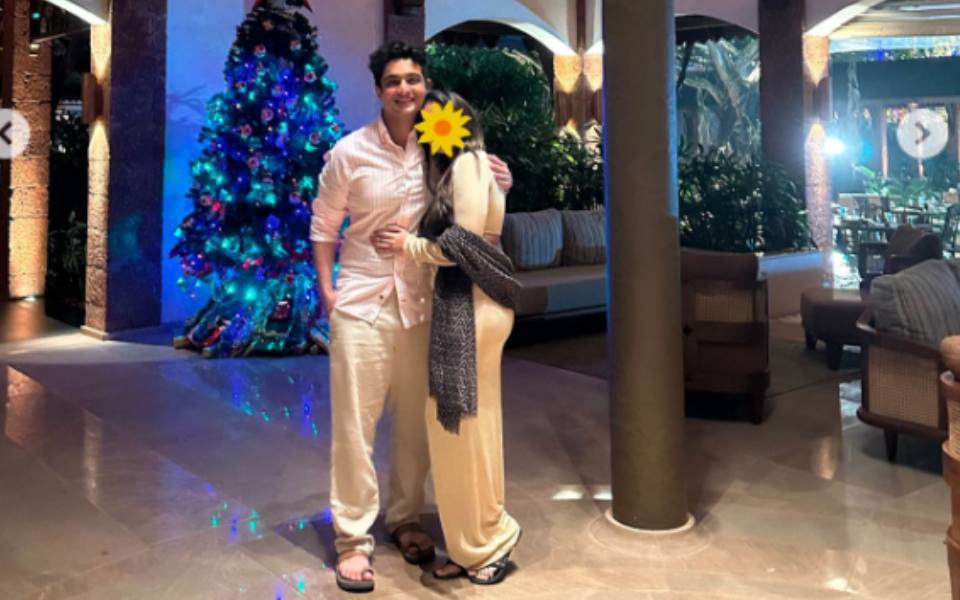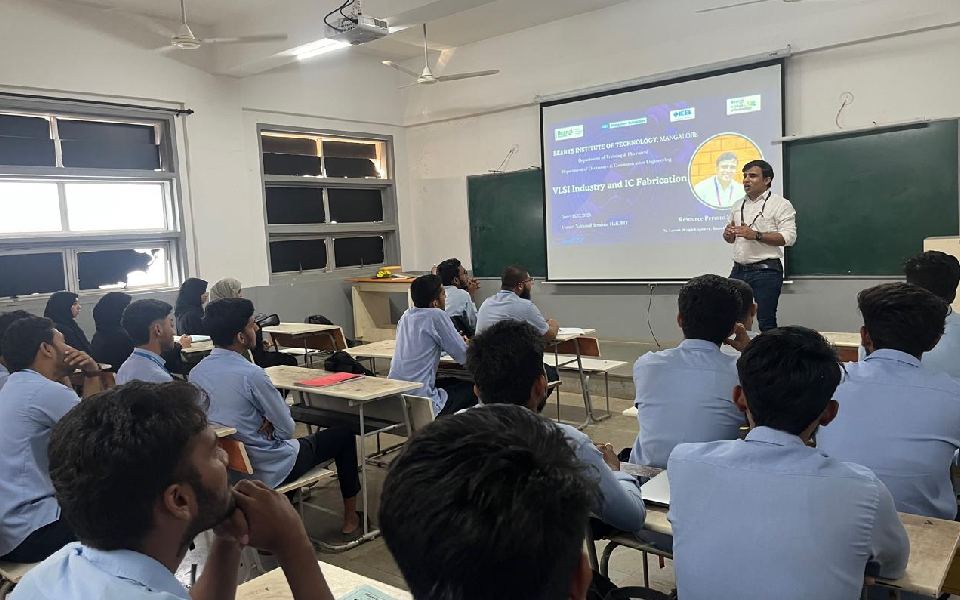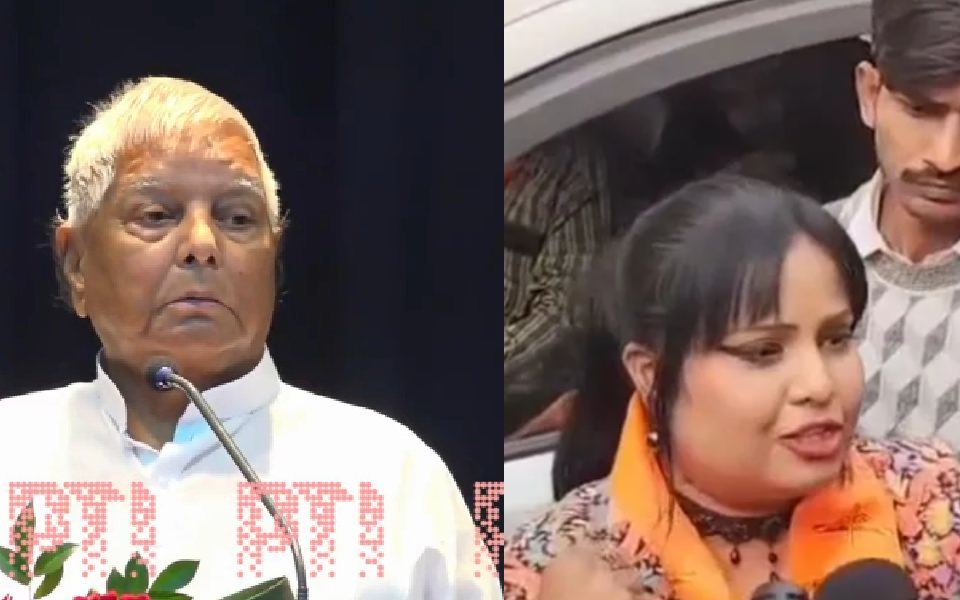Lucknow, May 28: In the first two hours the voter turnout has been slow and only 12 per cent polling has been recorded in Uttar Pradesh's Kairana parliamentary seat on Monday, a poll official said.
Voting for Kairana in western Uttar Pradesh and the Noorpur assembly seat began amid tight security at 7 a.m. and will continue till 6 p.m.
In Kairana, the main contest is between Mriganka Singh of the ruling Bharatiya Janata Party (BJP) and the Rashtriya Lok Dal (RLD) candidate Tabassum Hasan.
Singh, daughter of the late BJP MP from Kairana, Hukum Singh is counting on the sympathy wave in the name of her father and the power of the Yogi Adityanath government to win the election, while Hasan is pinning her hopes on the opposition unity as the Samajwadi Party (SP), Bahujan Samaj Party (BSP), Nishad Party, Congress and the Aam Aadmi Party (AAP) have extended their support to her.
In all there are 16,09,628 voters in Kairana of which 8,73,120 men, 7,36,431 women and 77 of the third gender.
In Noorpur, BJP's Avni Singh is pitted against Naimul Hasan of the SP. There are 3,06,226 male voters, 1,41,924 women and 10 from the third gender.
The Election Commission official said there are 2,056 polling booths and 1,094 polling centres.
To ensure free, fair and peaceful elections, the poll panel has deputed three general observers and two expenditure observers.
All the electronic voting machines (EVM's) being used in the two bypolls will have VVPAT machines to enable the voter to see for whom he or she has voted.
A total of 2,651 EVM control units, 2,651 ballot units and 2,596 VVPAT's are being used in the polling process, the official told here.
Realising that the elections are crucial and high stake, the poll panel has deputed 53 companies of the para-military forces here and 10 companies of the provincial armed constabulary (PAC).
Let the Truth be known. If you read VB and like VB, please be a VB Supporter and Help us deliver the Truth to one and all.
Udupi (Karnataka), Dec 26: Lance Havaldar Anoop Poojary (33), who died in an army vehicle accident in Poonch, Jammu and Kashmir, was cremated with full state and military honours in his native village of Beejady in Udupi district on Thursday.
Anoop, serving with the 11 Maratha Light Infantry Regiment, lost his life along with four other soldiers in the accident on Tuesday evening.
His remains were received at Mangaluru International Airport on Thursday morning. The body was then transported to Beejady, where crowds lined the streets to offer their tributes.
At key road intersections, villagers, schoolchildren, and dignitaries, including Udupi Additional Deputy Commissioner Mamatha Devi G S and Additional SP S T Siddalingappa, paid homage to the soldier.
Anoop's family members, including his mother Chandu Poojarthi and wife Manjushree were inconsolable.
Anoop joined the Indian Army 13 years ago after completing his pre-university education. Known for his bravery and dedication, he primarily served in Jammu and Kashmir and Manipur during his career.
